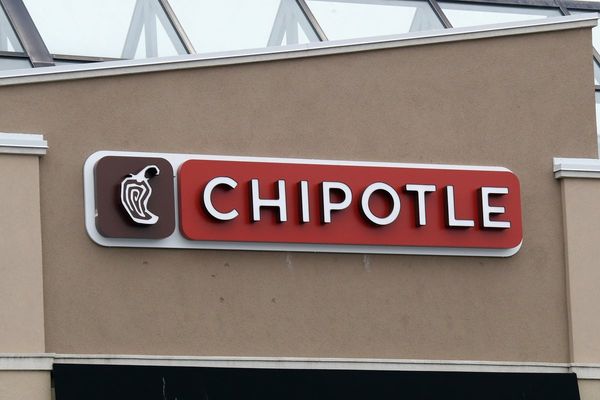
The highlight of the last gathering of the global elite in Davos was a spat between Greta Thunberg and Donald Trump. It was January 2020 and scant attention was being paid to reports of a new virus recently detected in China. Most of those who made the trek to the Swiss alpine resort were too busy virtue-signalling their deep concern about inequality and the climate emergency.
A lot has happened in the intervening 28 months. What was assumed to be a little local difficulty in Wuhan turned out to be the start of a global crisis. The January 2021 Davos was a virtual affair, and the annual meeting of the World Economic Forum (WEF) pencilled in for January 2022 was postponed because of the spread of the Omicron variant of Covid-19.
This week’s WEF gathering will have a different feel, and not just because many of its slopes will be green rather than white. Attendance is down on pre-pandemic levels, and there are no A-listers among the headliners.
Neither of the 2020 climate emergency protagonists will be around. Trump is out of office and Thunberg is giving Davos a miss. Joe Biden is not on the guest list, nor is Boris Johnson, French president Emmanuel Macron or Italy’s prime minister, Mario Draghi. The reticence is understandable: schmoozing with billionaires when there is a cost-of-living crisis raging is not the greatest look.
In years gone by, the chancellor of the UK exchequer would be the guest speaker at a business lunch hosted in the swanky Grandhotel Belvédère in Davos. Rishi Sunak has been spared the embarrassment of having to turn down the invitation this year, because the lunch is not being held.
Klaus Schwab, who organised the first Davos – in 1971 – and is executive chairman of the WEF, has put a brave face on the no-shows by the global bigwigs.
“The annual meeting is the first summit that brings global leaders together in this new situation characterised by an emerging multipolar world as a result of the pandemic and war,” he said. “The fact that nearly 2,500 leaders from politics, business civil society and media come together in person demonstrates the need for a trusted, informal and action-oriented global platform to confront the issues in a crisis-driven world.”
Schwab’s hope is that this year’s low-key event will be merely a temporary setback and that Davos will be back to usual next January, and he may be right. Chief executives of big multinational companies could be less willing to jet off to Switzerland in the spring than they are in the winter, especially given the stringent health requirements for attending the meeting. As the ongoing lockdowns in China testify, Covid-19 has not been eliminated.
It is also possible that this Davos will prove its worth as a global talking shop by making some progress on the climate emergency. The highest ranking American politician on show will be Biden’s climate envoy, John Kerry, while Alok Sharma, who presided over the Cop26 meeting in Glasgow last November, will be the leading UK government representative.
There is, however, an alternative narrative. Davos has always been dedicated to globalisation and has long been keen on using the forum to tackle common problems such as global heating and inequality. But how will it cope with a fragmented world where globalisation is in retreat? Vladimir Putin was a keynote speaker at last year’s virtual Davos but with the war in Ukraine, no Russians have been invited this time. China’s president, Xi Jinping, gave a pro-globalisation address in Davos five years ago. It is unlikely he would make the same speech today.
A combination of pandemic and Putin has accelerated an already existing trend towards deglobalisation and that process – rather than the protesters outside the ring of steel – poses the biggest threat to the future of Davos.
A former UK cabinet minister – once a Davos regular – said the meeting had ceased to be relevant. “It has become ridiculous,” he said. “You have executives flying in to Switzerland in private jets, then pledging to plant millions of trees as a carbon offset.”
Fewer trees will need to be planted this year.







